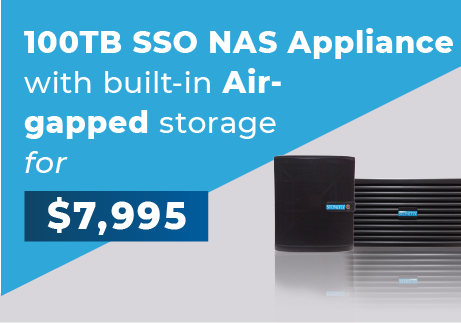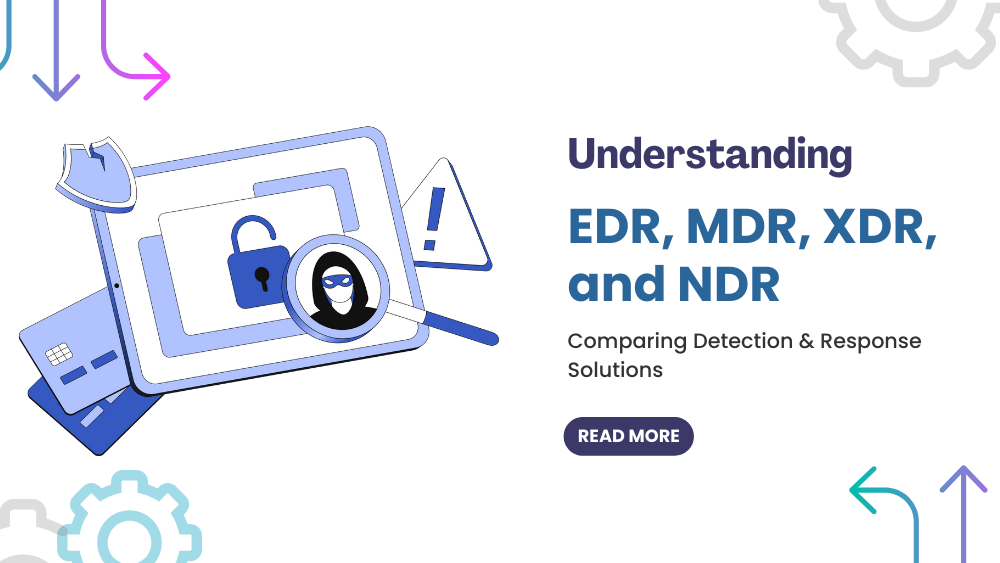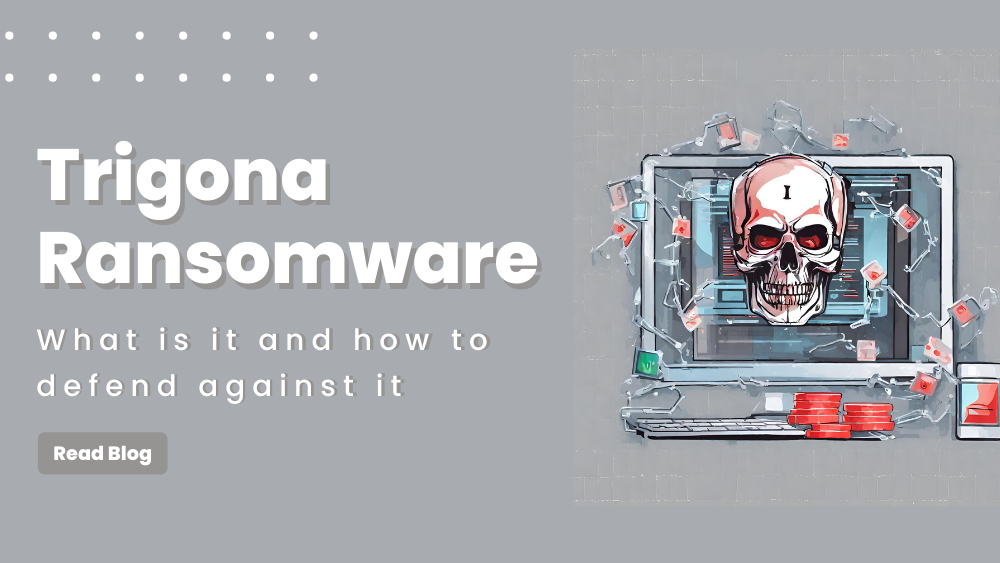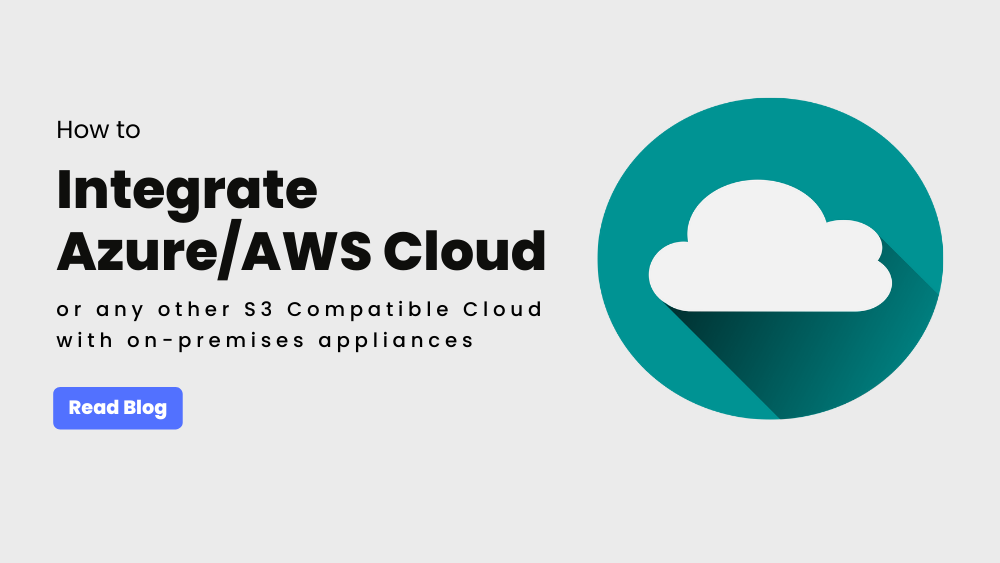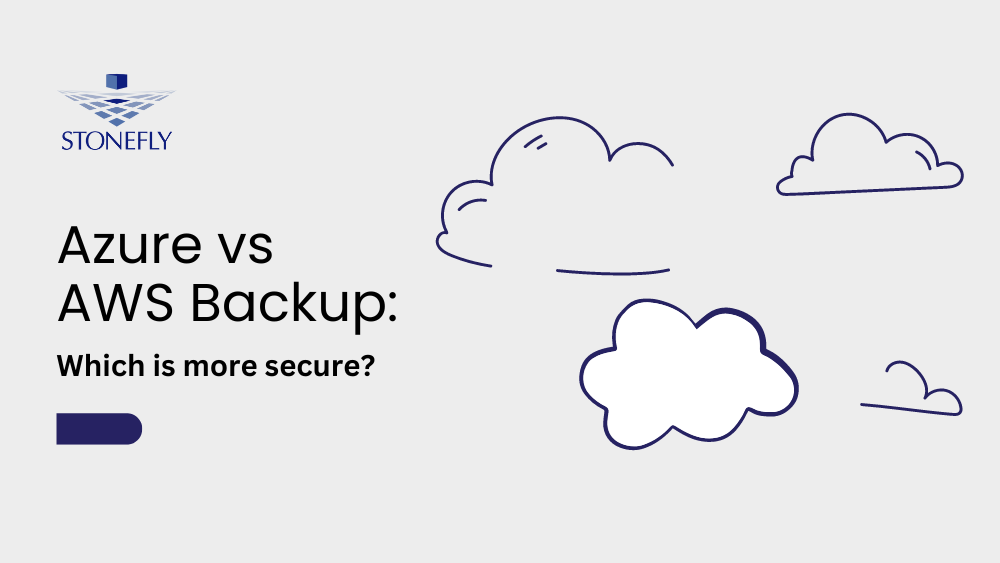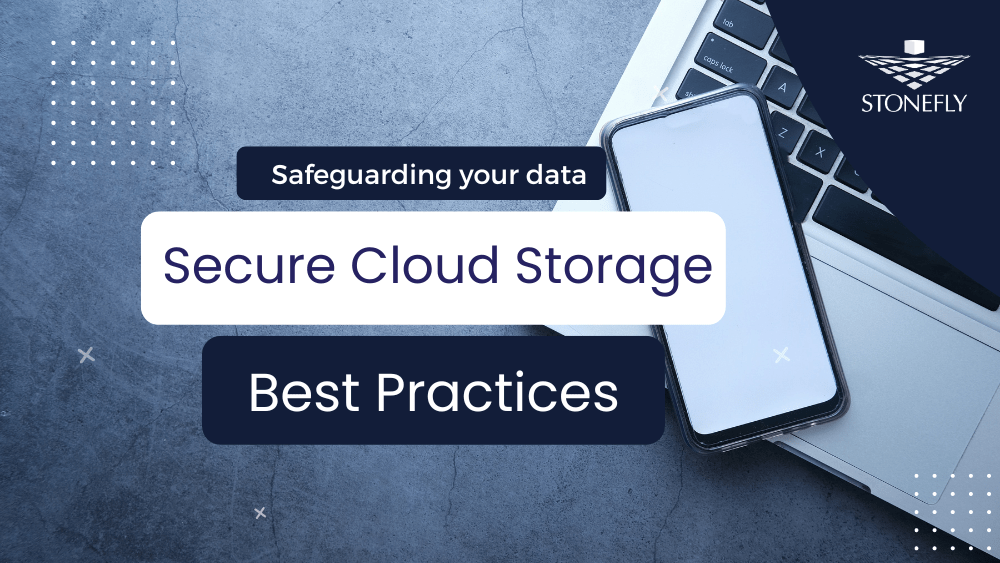The two biggest benefits of the cloud are: cost effectiveness and simplified scalability. For continuously growing businesses with increasing data, cloud based services are one of the most accommodating solutions available in the market.
Cloud service providers are focusing on “scalability” because it’s one of the primary requirements of IT environments. Scalability is the term which is often used, yet it is still to be understood.
This article sheds light on scalability; specifically the scalability delivered by cloud based services.
What is Scalability in Cloud?
Scalability is the capability of a process, network, software or appliance to grow and manage increased demands. This is one of the most valuable and predominant feature of cloud computing. Through scalability you can scale up your data storage capacity or scale it down to meet the demands of your growing business.
Scaling in the cloud provides you the best experience of flexibility of time and money for your business. When business demands are increasing, you can easily add nodes to increase your storage space, or you can increase the number of servers currently used. When the increased demand is reduced then you can move back to your original configuration.
Scalability enables you to accommodate larger workloads without disruption or complete transformation of existing infrastructure. To effectively leverage scalability you need to understand the complexity and the types of scalability.
Let’s explore different types of scalability.
Three types of scalability – Vertical, Horizontal and Diagonal
Scale Vertically – Scale Up:
Vertical Scaling or Scaling up is easy, it can be done by moving the application to bigger virtual machines deployed in the cloud or you can scale up by adding expansion units as well with your current infrastructure. This ability to add resources to accommodate increasing workload volumes is vertical scaling. It can resize your server with no change in your code.
The downside to scaling up is that it increases storage capacity but the performance is reduced because the compute capacity remains the same. Workloads requiring higher throughput demand reduced latency and this can only by fulfilled by Horizontal Scaling / Scaling out.
Scale Horizontally – Scale out:
Horizontal Scaling or Scaling out is the addition of nodes to the existing infrastructure to accommodate additional workload volumes. Contrary to Vertical Scaling, Horizontal Scaling also delivers performance along with storage capacity.
The total workload volume is aggregated over the total number of nodes and latency is effectively reduced. This scaling is ideal for workloads that require reduced latency and optimized throughput.
Scale Diagonally:
Diagonal scaling helps you combine the scaling up and scaling down. As the term suggests, scaling down is the removal of storage resources as requirements decrease. Diagonal scaling delivers flexibility for workload that require additional storage resources for specific instances of time. For instance, a website sets up diagonal scaling; as the traffic increases, the compute requirements are accommodated. As the traffic decreases, the computation capacity is restored to its original size.
This type of scaling introduces enhanced budgeting and cost effectiveness for environments and businesses dealing with variable workload volumes.
Scalable Cloud Based Services:
- Infrastructure-as-a-Service (IaaS)
- Platform-as-a-Service (PaaS)
- Storage-as-a-Service (STaaS)
- Data-as-a-Service (DaaS)
- Database-as-a-Service (DBaaS)
Benefits of cloud scalability:
Scalability is the key concept for anyone in the DevOps world. Let’s briefly discuss the benefits of scalability.
·Performance
One core benefit of scalability in the cloud is that it facilitates performance. Scalable architecture has the ability to handle the bursts of traffic and heavy workloads that will come with business growth.
·Cost-efficient:
You can allow your business to grow without making any expensive changes in the current setup. This reduces the cost implications of storage growth making scalability in the cloud very cost effective.
Easy and Quick:
Scaling up or scaling out in the cloud is simpler; you can commission additional VMs with a few clicks and after the payment is processed, the additional resources are available without any delay.
·Capacity:
Scalability ensures that with the continuous growth of your business the storage space in cloud grows as well. Scalable cloud computing systems accommodate your data growth requirements. With scalability, you don’t have to worry about additional capacity needs.
Scalability admonition
Scalability also has some limitations. If you want a fully scalable system then you have a large task to handle. It requires planning, testing and again testing for your data storage. If you have the applications already then splitting up the system will require code changes, updates
and
monitoring. You have to be well prepared for the digital transformation of your infrastructure.
Where can you find scalable cloud hosting solutions?
If you are searching for scalable cloud hosting solutions, StoneFly is here for you. Whether you are just starting out or you have a well-established company, we have the customized solutions that will suit your needs perfectly.
StoneFly’s innovative storage solutions are designed in a way that you get the maximum performance and efficiency.
StoneFly provides you with storage solutions that are efficient, cost effective and easy to manage. StoneFly’s products allow you to have scalability which provides you high performance and no downtime.
If you’re looking for a scale out NAS or a hyper-converged appliance or a backup and disaster recovery appliance, StoneFly’s has you covered. You can contact us or leave your contact information and we’ll contact you to discuss your data requirements and relevant solutions.


